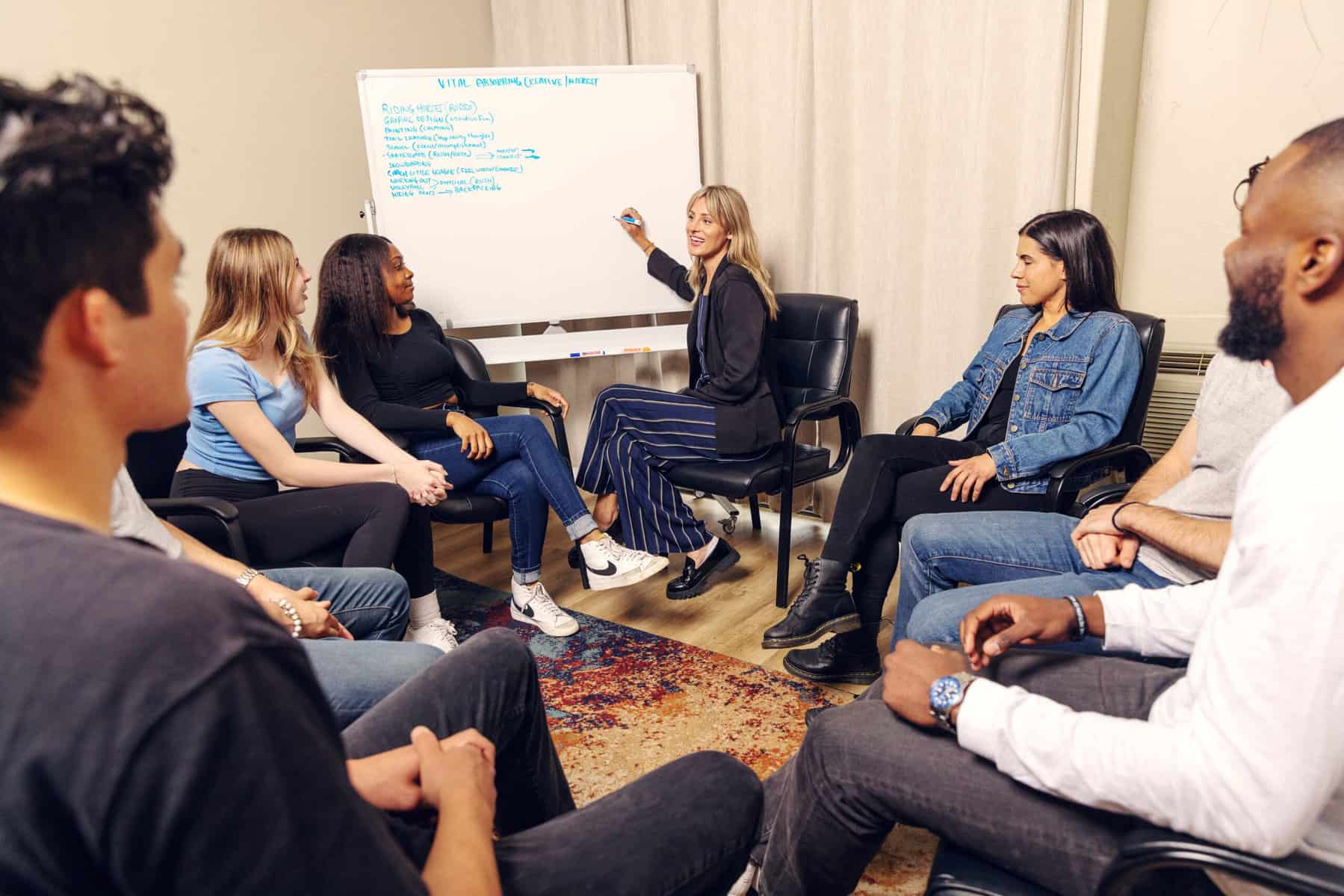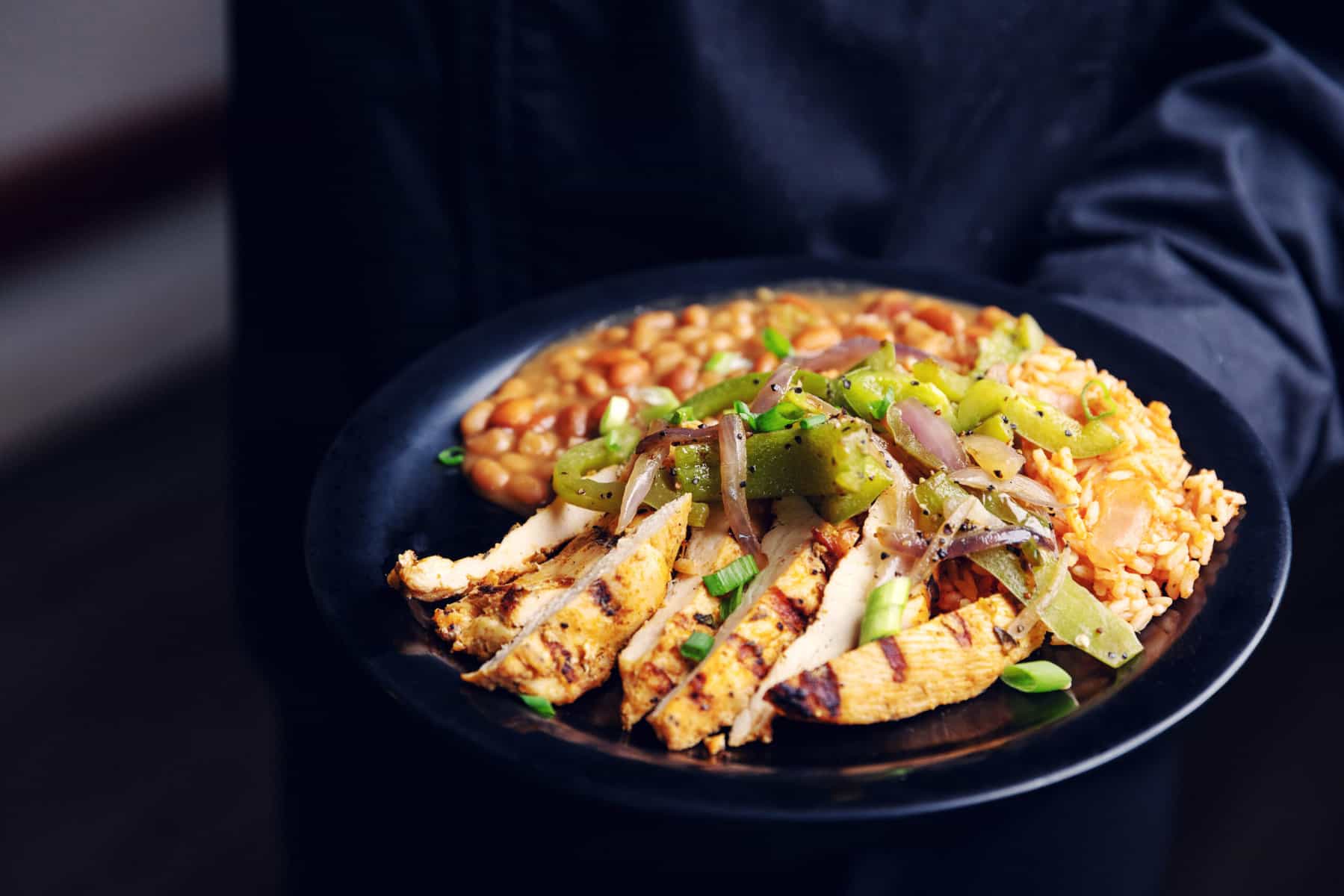Mountain Springs Recovery
Colorado Drug & Alcohol Rehab
Need help now?
Same day admission may be available to you.
Customized Treatment
We conduct an in-depth analysis so we can design an effective treatment specifically for you that will give you the best results.
Relaxing Environment
Experienced Staff
Vast Insurance Network
We accept a wide range of insurance networks to ensure that you will be able to receive the treatment you need and deserve.
Insurance
Our insurance verification team will quickly verify your insurance benefits, ensuring your placement into one of our facilities as soon as possible.
Phones & Laptops Welcome














Certifications
Certified by LegitScript and
The Joint Commission National Quality
Start You Healing Today
Testimonials
OUR SERVICES
Detox
If you’re worried about detox, we can relieve your fears. We provide 24-hour medical assistance and compassionate care to make withdrawing from drugs and alcohol safer and more comfortable.
Inpatient Rehab
Getting away from it all can help you have it all. Inpatient residential care at Mountain Springs removes you from everyday stress and can help restore your life.
Dual Diagnosis
Sometimes people use drugs and alcohol to cope with mental illness, or sometimes addiction causes mental illness. We offer therapy and other options to treat both conditions and provide total healing.
12 Step
Learning from others can help you heal. We offer 12-step programs and other treatment options that introduce you to others with similar experiences so you can recover from addiction.
SMART Recovery
There isn’t one way to heal. Our center allows you to participate in SMART Recovery and other options that acknowledge that addiction and recovery are as unique as each individual.
Non 12-Step Programs
Non twelve-step treatment programs focus on scientific approaches to deal with the mental, physical, and emotional aspects of recovery.
TREATMENT RESOURCES
Clinical Approach
Individualized Treatment
Amenities
Activities Offered
Gallery
Structured Treatment Schedule
Our Team
Brian Lockard
Dr. Christian Small
Medical Director – Medical Team
Start You Healing Today
SUBSTANCE USE DISORDER INFORMATION
OPIOIDS
Opioid addiction kills thousands of people every year, but you don’t have to be one of them. Mountain Springs Recovery provides medical and therapeutic assistance to help you end your reliance on opioids while beginning a new life.
ALCOHOL
While quitting drinking can be difficult, not quitting can be fatal. Mountain Springs Recovery gives you the tools to stop drinking and can help you begin building a healthier, alcohol-free life.
STIMULANTS
Using stimulants for an energy boost is just not worth it. We’ll introduce you to ways to enhance your life without using stimulants or other substances.
BENZO’S
While benzodiazepines (benzos) can improve the quality of your life, improperly using them can harm it. We’ll work with you to manage your prescriptions and handle your medical conditions so you don’t face addiction or other health concerns.
BARBITURATES
Barbiturate addiction can destroy your life, but we can help you regain it. We’ll introduce you to healthier practices that don’t rely on barbiturates or other substances and will work with you to rebuild your life.
HALLUCINOGENS
Did you know that people could experience side effects from hallucinogens years after they use them? To avoid these effects, we offer treatment that helps people fight addiction and introduces them to healthy ways to expand their minds.
MARIJUANA
Despite what people think, smoking or vaping marijuana is not harmless. Our center introduces ways to cope with life that don’t involve marijuana or other substances.
DEPRESSANTS
When used properly under medical supervision, depressants can be a useful medical tool. But, if abused, they can be dangerous, so we work to end this abuse and help our clients create healthier lifestyles.
Beat Your Addiction and Start Your Healing Today
At Mountain Springs Recovery, your path to sobriety can begin today. We are available 24 hours a day, 7 days a week, at 877-930-1521. Get in touch!